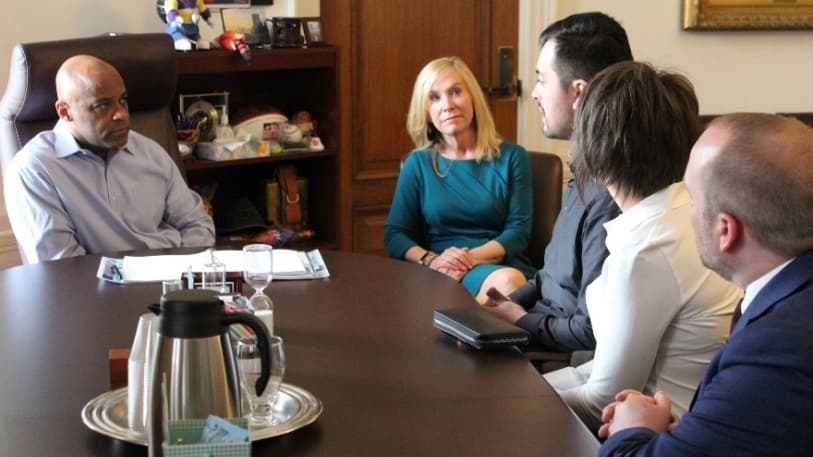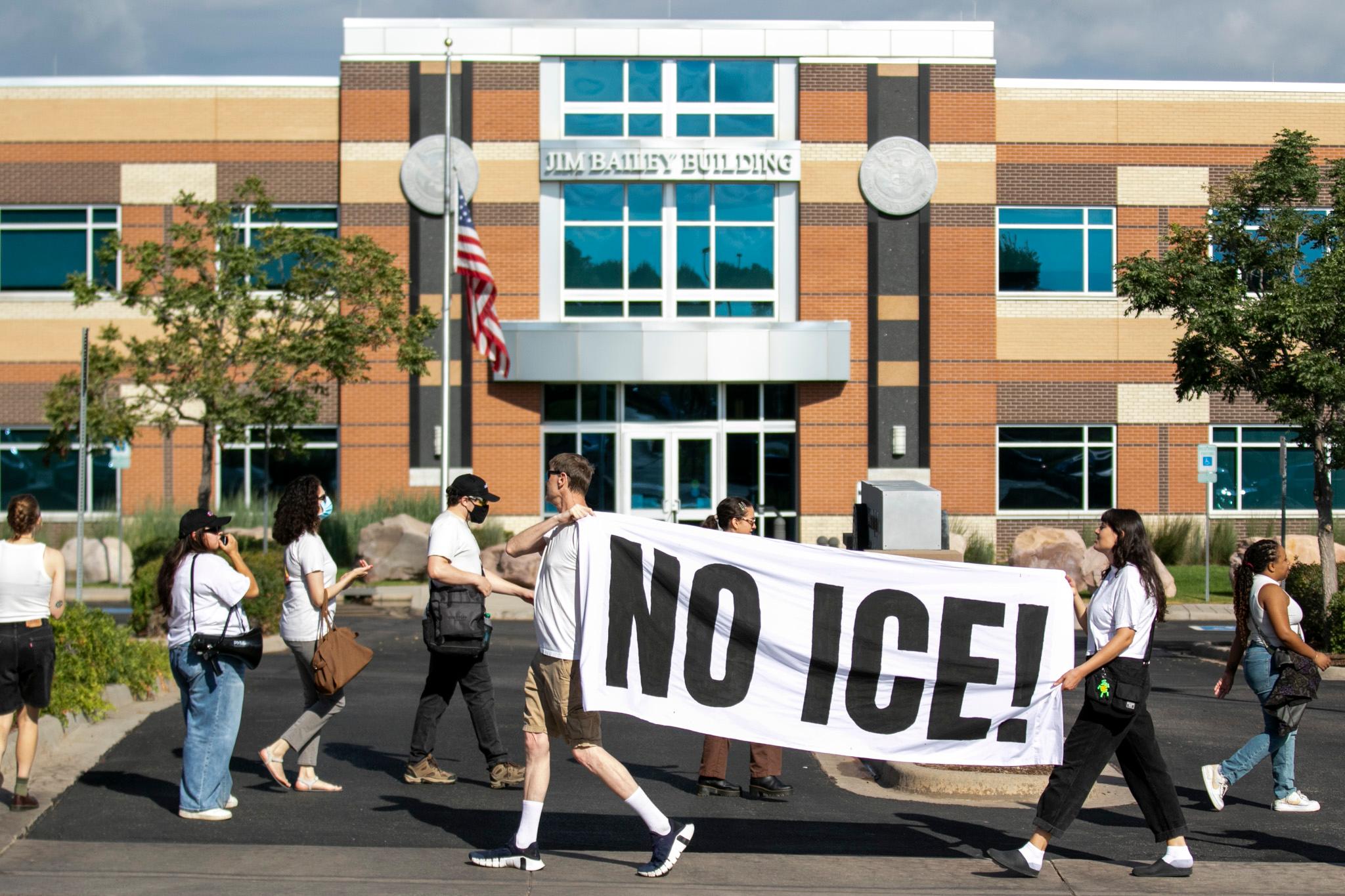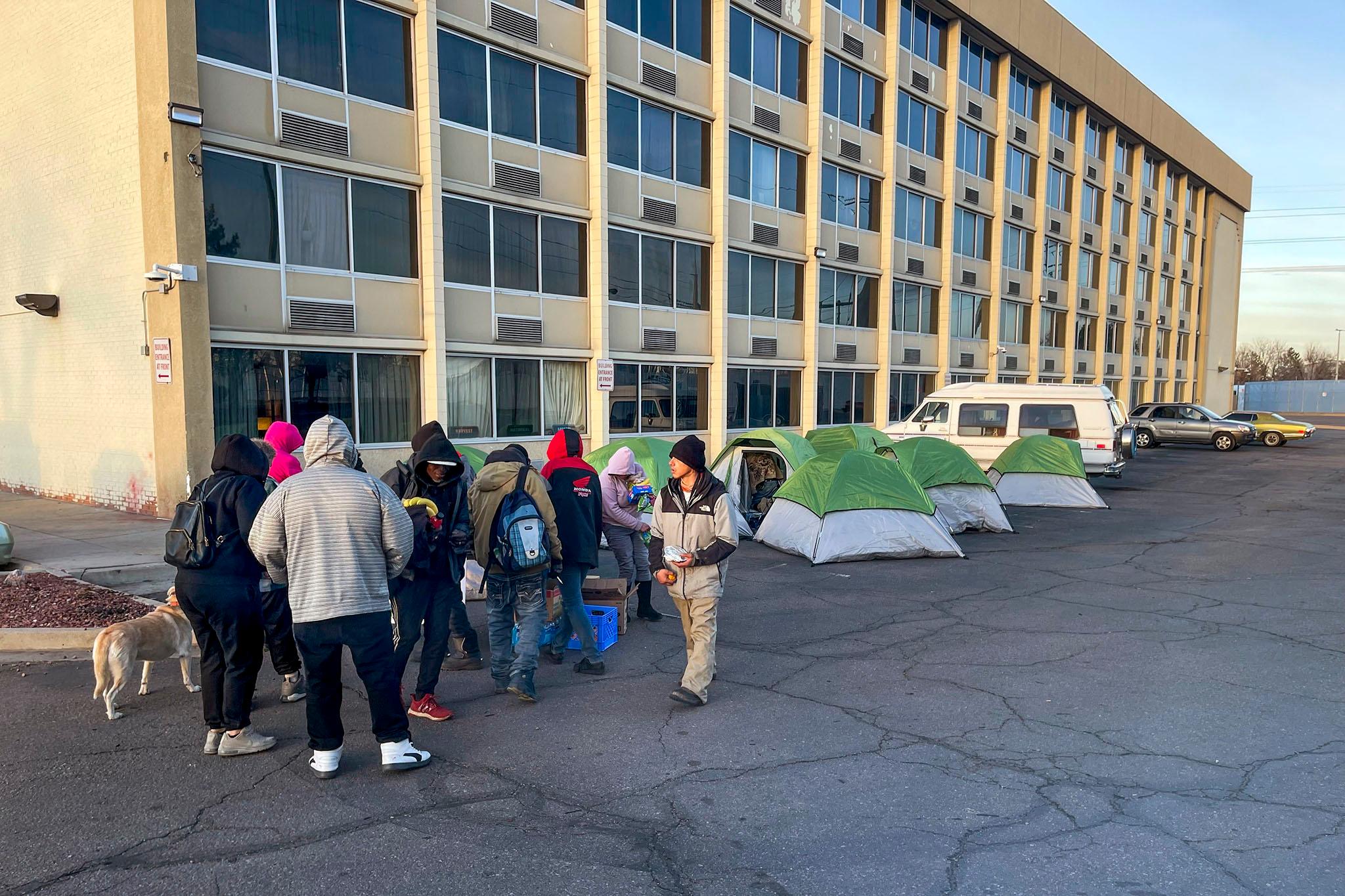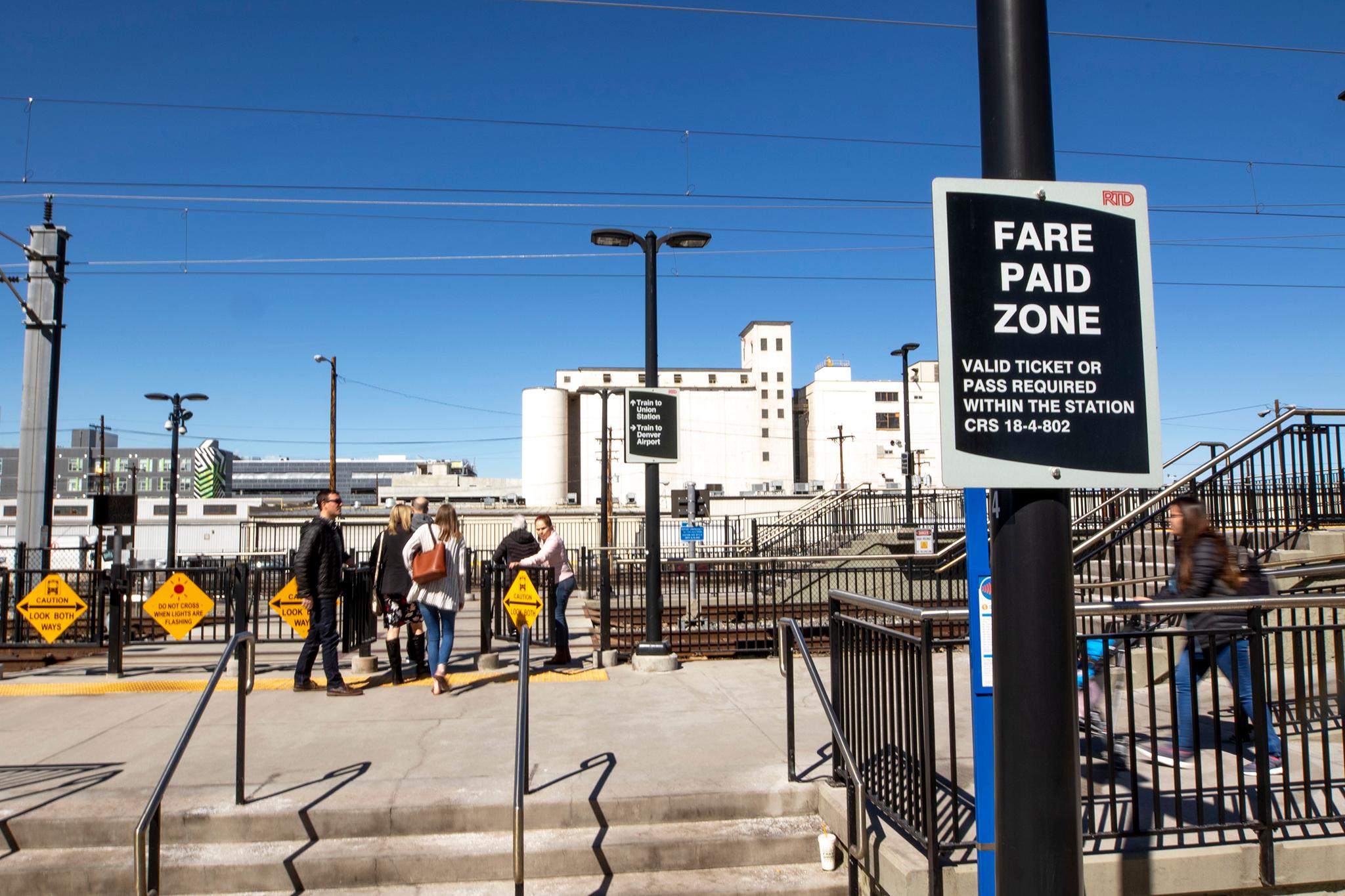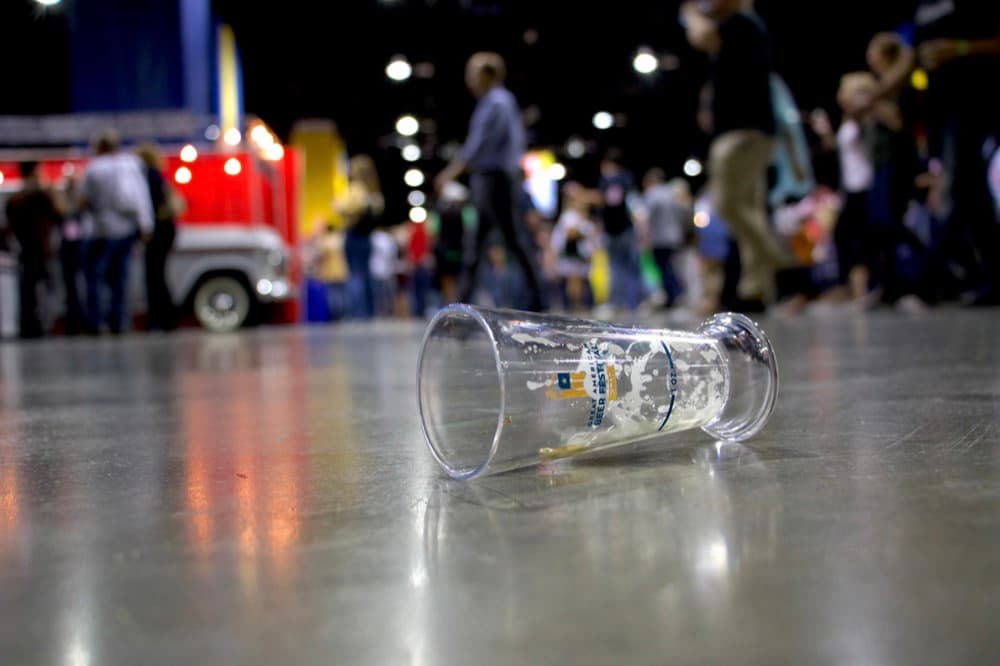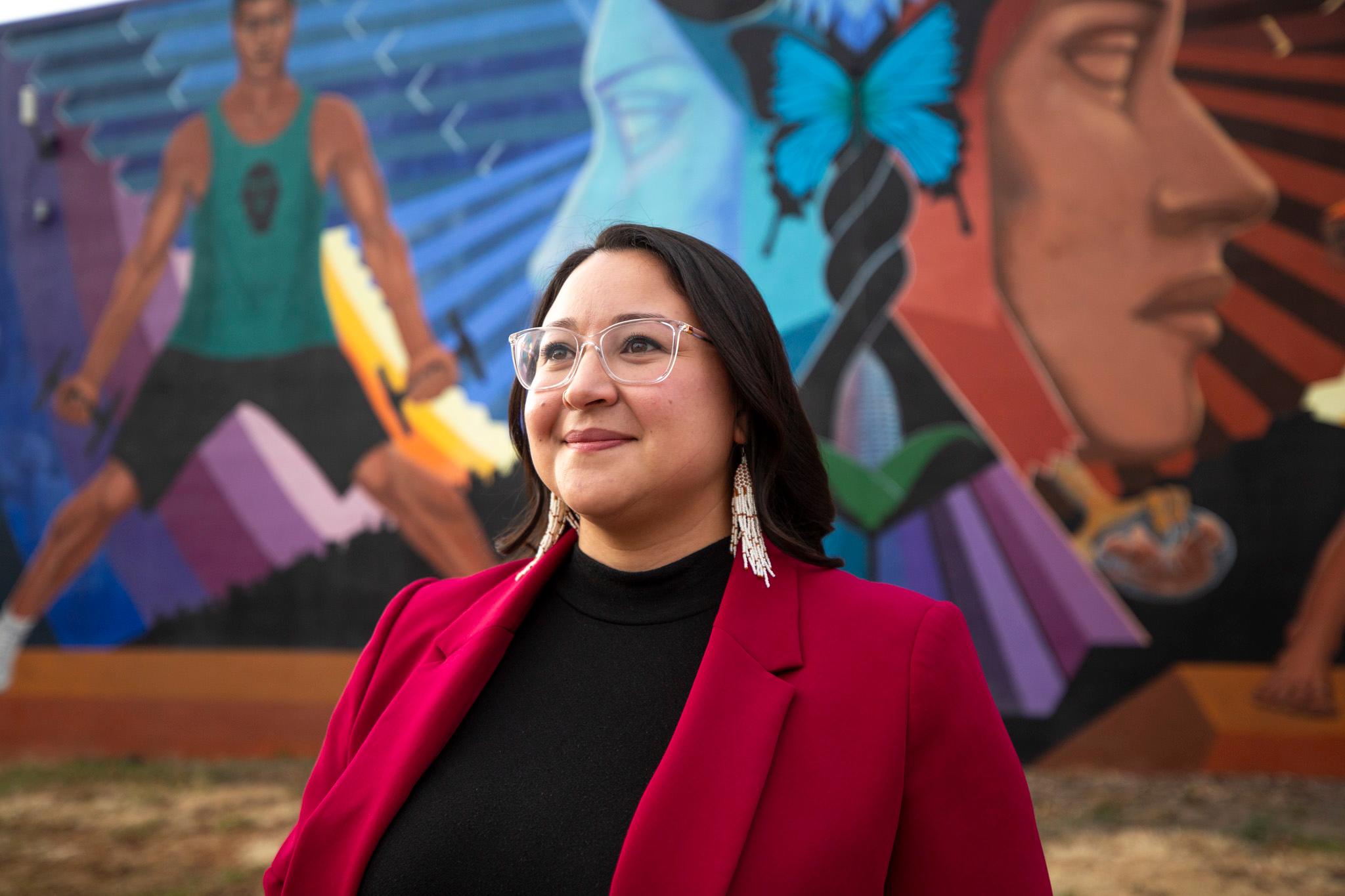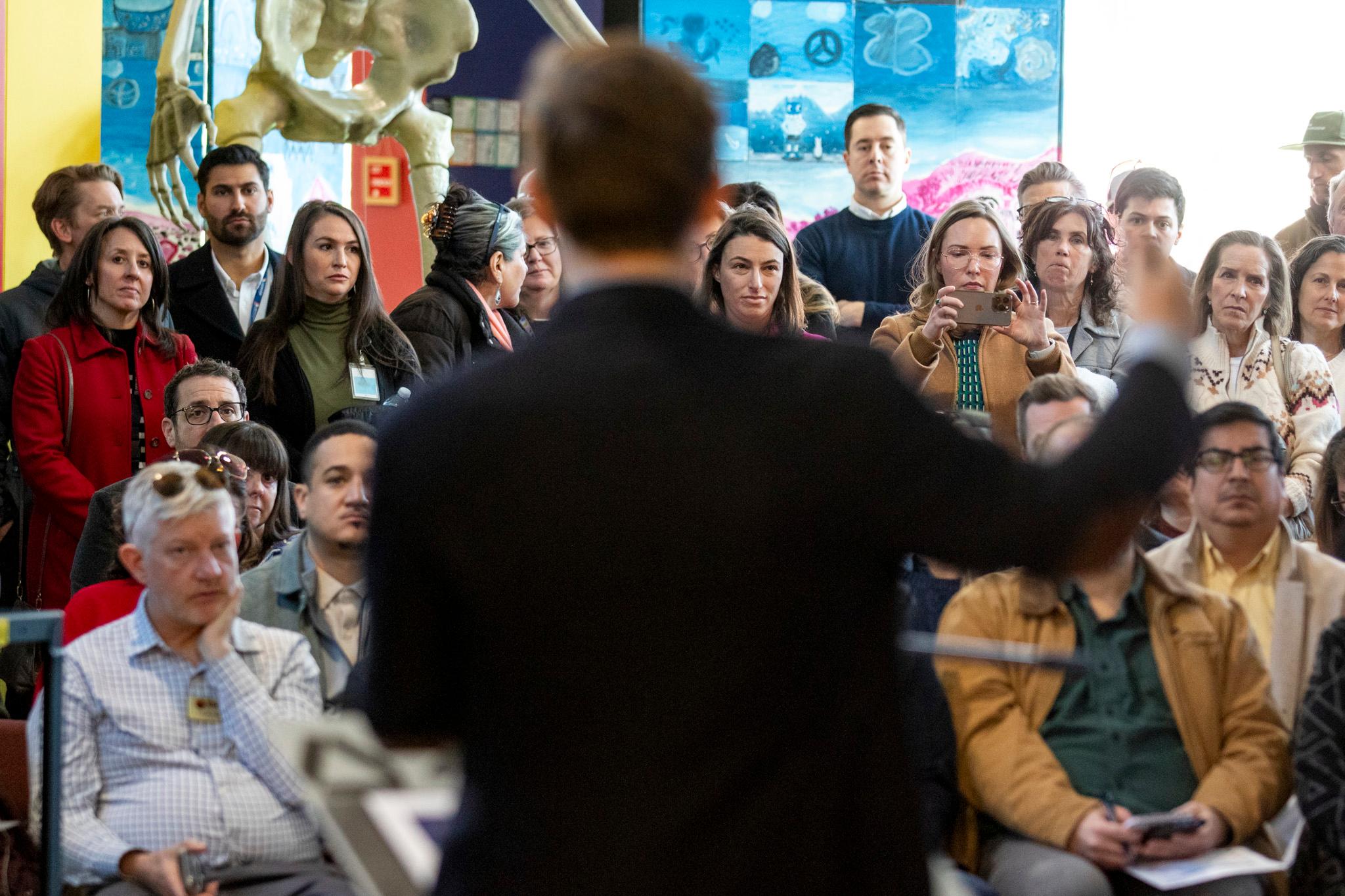Mayor Michael Hancock on Wednesday sent a letter to U.S. Attorney General William Barr on behalf of immigrants living here legally who work in the state's cannabis industry and are facing what the mayor called "hostility" when attempting to become naturalized U.S. citizens.
The mayor met with two Denver immigrants this week who were told by U.S. Citizenship and Immigration Services that they were ineligible for naturalization because of their past or current jobs in the cannabis industry, according to a release from the mayor's office. His letter asks the Department of Justice to clarify and adjust its policies.
"We strongly believe that such guidance is imperative to ensuring consistent implementation and enforcement of state marijuana laws and regulations in the more than 30 U.S. states that have chosen to fully or partially legalize cannabis," Hancock wrote in the letter. The mayor copied the state's congressional delegation in the letter.
Both immigrants, who Hancock met Tuesday along with City Attorney Kristin M. Bronson and Excises and Licenses Executive Director Ashley Kilroy, have been permanent residents of the U.S. for more than 20 years. They both graduated from Colorado schools and are taxpayers here.
"Denver understands the need for federal laws and regulations regarding citizenship and immigration, but we are seeing the heartbreaking effects that those federal laws and regulations are having on our residents," Hancock said in the release. "However, under current federal policy, lawful, permanent residents like the Denver residents I have met with are being denied naturalization and may lose their legal status based on their lawful employment in the cannabis industry."
One of the people who met with Hancock, Oswaldo Barrientos, called the rejection a sucker punch. The second person Hancock met with is withholding their name due to fears it could impact their current job.
"I thought I was a shoo-in. I've been here long enough. I've paid my dues," Barrientos told Hancock, according to the release.
Hancock and Bronson are asking city staff to work with local organizations, state agencies and the cannabis industry to notify immigrants of the risk of working in the state's legal cannabis industry. The city plans on distributing and posting a flyer, in English and Spanish, outlining the risks.
Attorney Bryce Downer, who is representing Barrientos, said in the release officials are "trapping" immigrants into admitting to activities considered felonious under federal law, putting them at risk of detention or even deportation.
"The risk is real," Downer said in the release. "And it's severe."
Both Hancock and Bronson condemned the actions against the two immigrants the mayor met with, calling it the Trump administration's "latest attack on immigrants."
"This is an issue, it's a continuing problem," Bronson said in the release. "Unless and until policies change, aspects of this important, legal and burgeoning industry here in Denver are going to be prohibitive for a lot of people."
While recreational marijuana has been legal in Colorado since 2014, it remains a Schedule I narcotic under federal guidelines. Several other states have similar laws legalizing marijuana for recreational and medicinal use.
During his confirmation hearings in January, Barr told the Senate Judiciary Committee that while he personally believes marijuana should remain illegal, he isn't planning on going after legal marijuana companies.

